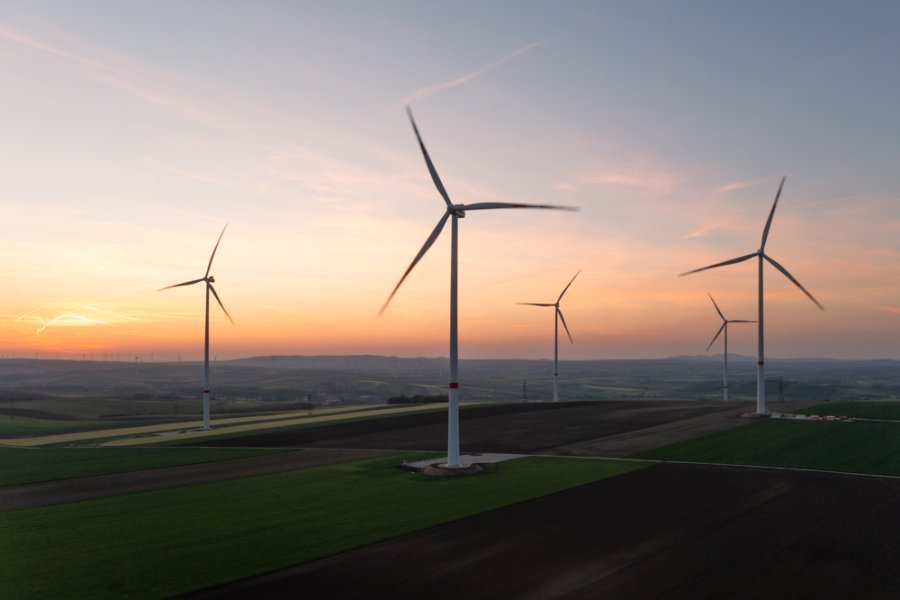EKBS tightening endangered
investments in energy transition and business location
The Austrian federal government is once again planning to tighten the energy crisis contribution for electricity (EKBS). For the renewable energy sector, this means the fourth retrospective downward adjustment in two and a half years.

A measure that was introduced years ago in response to the energy crisis is now being misused - even without an energy crisis - to balance the budget. In doing so, it is damaging an industry that can make a significant contribution to reducing energy prices in the long term by expanding a regional, independent and climate-friendly energy supply and at the same time preventing another energy crisis. Investments in the expansion of renewable energy create jobs, regional added value and infrastructure and are therefore also an economic driver in difficult economic times.
"This regulation deprives sustainable energy projects of urgently needed capital and thus slows down the energy transition. This is because the EKB-S primarily affects medium-sized companies that make long-term investments and operate sustainably - while large fossil fuel companies continue to be taxed only on their profits," says CFO Alexander Hochauer.
Chief Technology Officer Markus Winter adds: "The rapid expansion of wind power is essential right now. As the most stable generator in the winter months, wind energy makes a significant contribution to security of supply and protects against expensive electricity imports thanks to its price stability. The EKB-S will not make electricity a cent cheaper. A reliable, climate-friendly and cost-effective energy supply is a key competitive factor, especially for an export-orientated business location like Austria."
You can also find more information on the EKB-S at Der Energiekrisenbeitrag-Strom (EKBS) | IG Windkraft